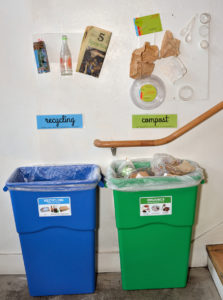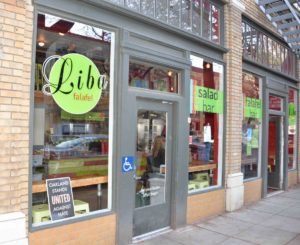Well, if there’s one word none of us would like to hear in 2021, it’s “unprecedented.” Throughout 2020, so many things we took for granted in the world of zero waste and recycling outreach, such as promoting reusable bags and cups, had to be postponed or replaced with COVID-19-related topics, such as sorting shipping waste or putting masks and gloves in the trash.
Now the holidays are here, and we find ourselves in the same outreach predicament. We can’t rely on tried-and-true holiday campaigns like our “Giving the Gift of Good Times” video for Santa Clara and Marin Counties. (Click here for the 2019 version). No-waste gifts that involve groups of people, such as fitness classes, dining out, amusement park passes, or theater tickets are not a viable option this year. Even food waste reduction topics need a fresh take, as gatherings have been reduced in size or cancelled altogether, and some of our neighbors are facing food insecurity.
For our clients this year, we helped adjust messaging to cover these topics in a way that aligns with public health guidelines and new realities. For example, for Palo Alto, we created a “Create Joy, Not Waste” ad, web page and bill insert (above) to align with hosting a small gathering with Zero Waste style. Actions like portion planning, using reusable dishes, recycling bottles and cans and decorating with compostable decorations still make sense, even if it’s just for your own household.
We re-envisioned our Zero Waste gift idea list to remove gifts for in-person activities and include those that offer online versions, such as art classes and music lessons and streaming theater. Local options for all of these were available, offering another benefit to the community. Outdoor recreation is at an all-time high, so national and state park passes can replace amusement parks.
And lastly, if staying home means we’re more likely to buy “stuff” this year than past years, we made sure to provide options for zero waste gift ideas that eliminate or greatly reduce packaging waste—shampoo bars, unpackaged handmade soaps, or subscriptions for refillable beauty products.
We hope this inspires you all to keep the Zero Waste holiday outreach traditions going. Small tweaks to the messaging are all it takes.

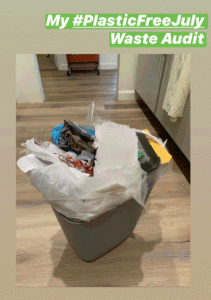
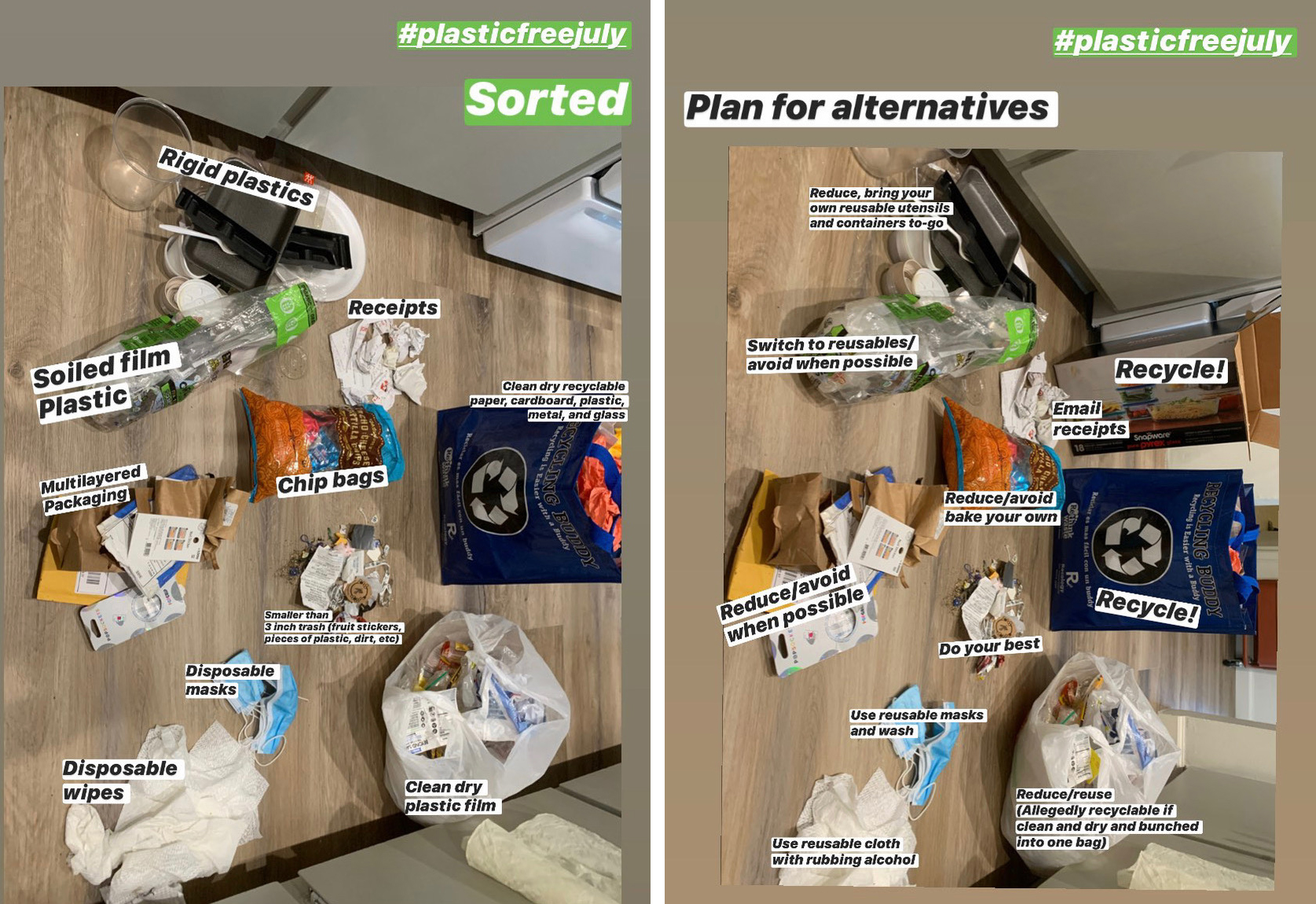
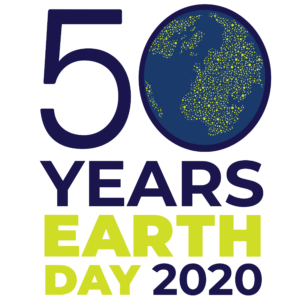
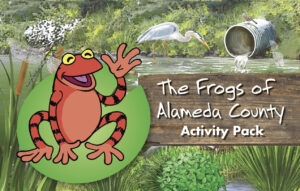
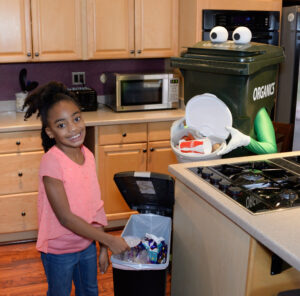
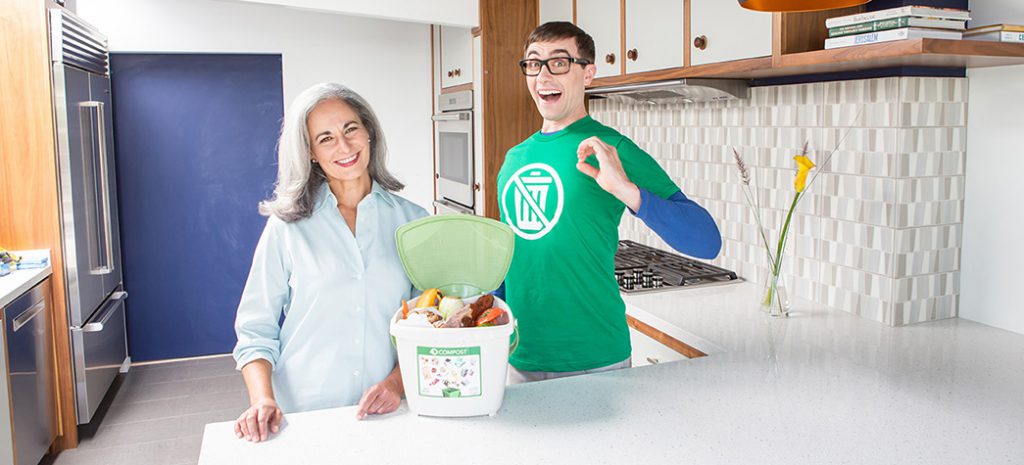
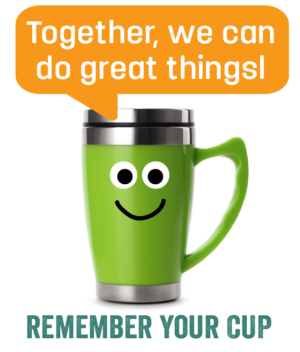
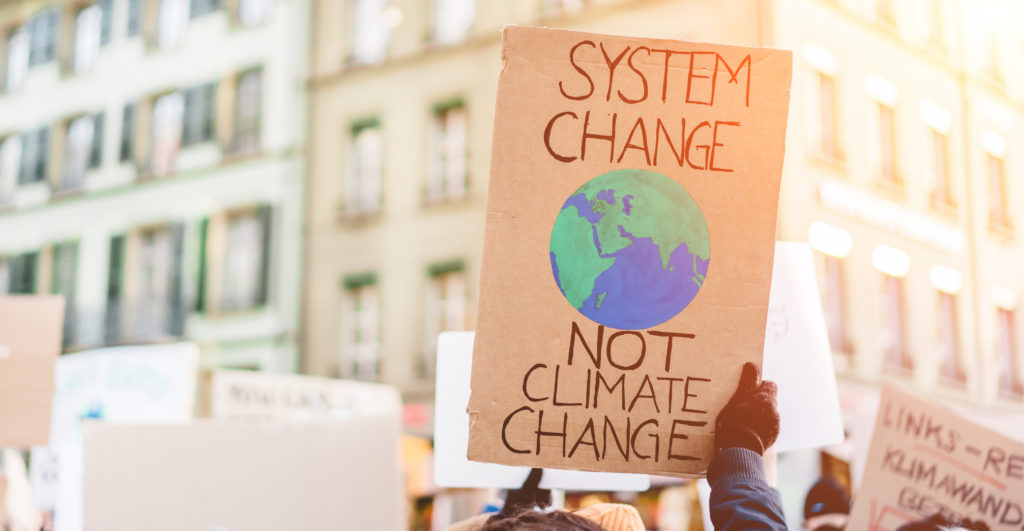
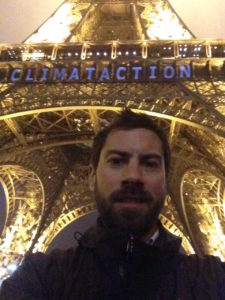
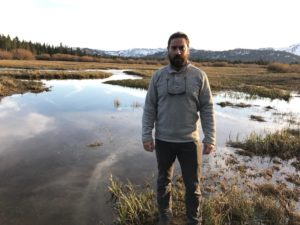
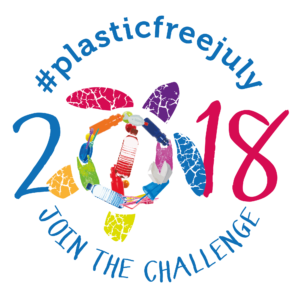
 Often in the course of our work we are lucky enough to run into local residents who embody the environmental attitudes that we cherish. Often those people are exemplary in other ways, as well. The Gigantic team met Gail Lillian on a photo shoot for recycling and composting in the food service industry. Her business—
Often in the course of our work we are lucky enough to run into local residents who embody the environmental attitudes that we cherish. Often those people are exemplary in other ways, as well. The Gigantic team met Gail Lillian on a photo shoot for recycling and composting in the food service industry. Her business—